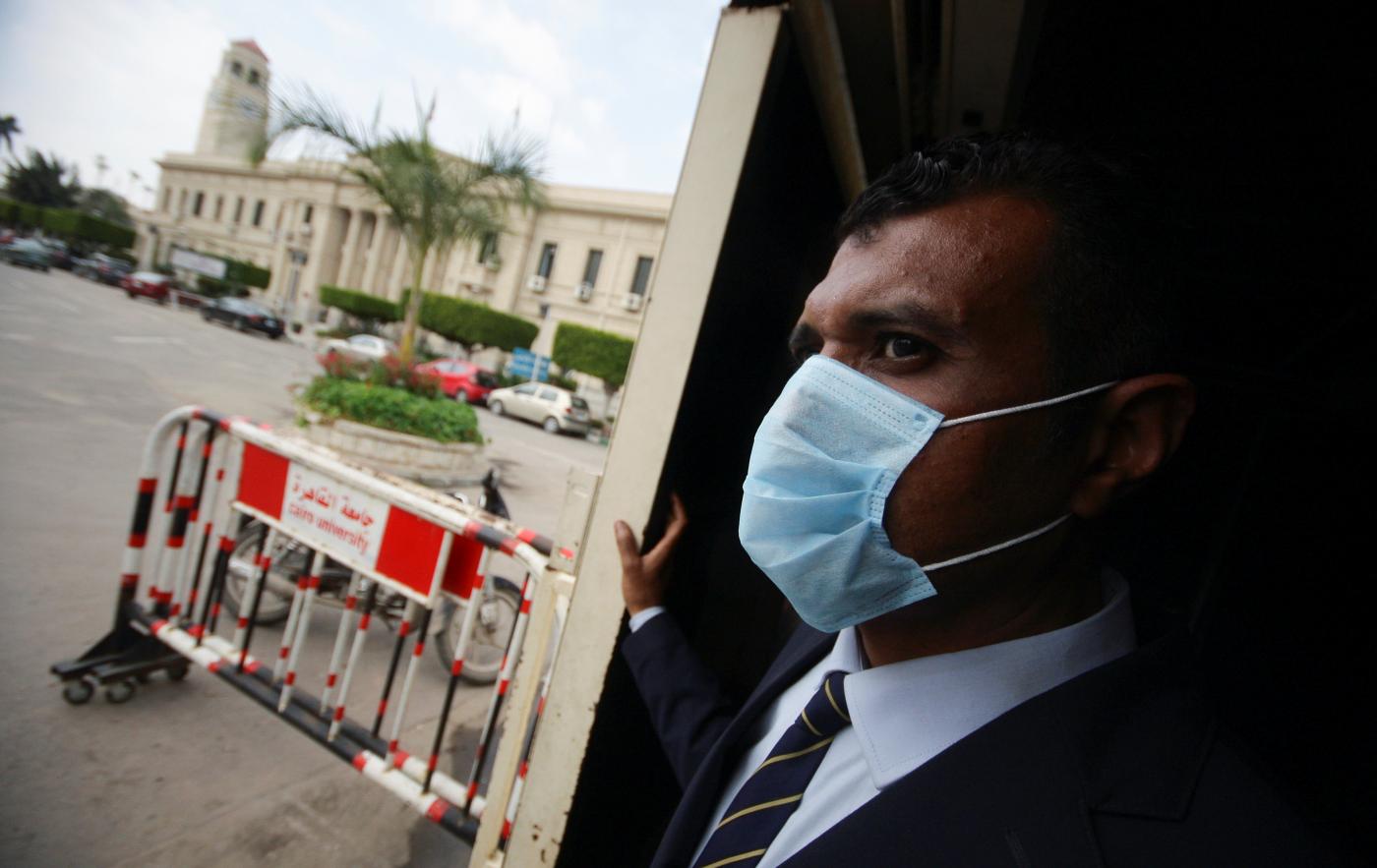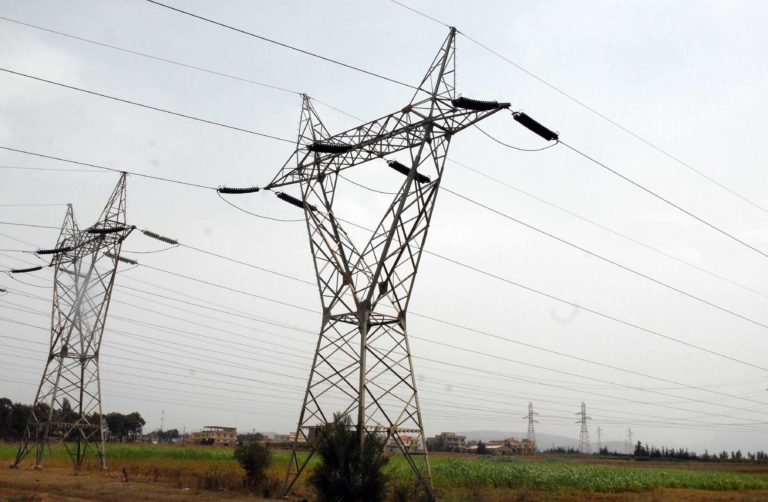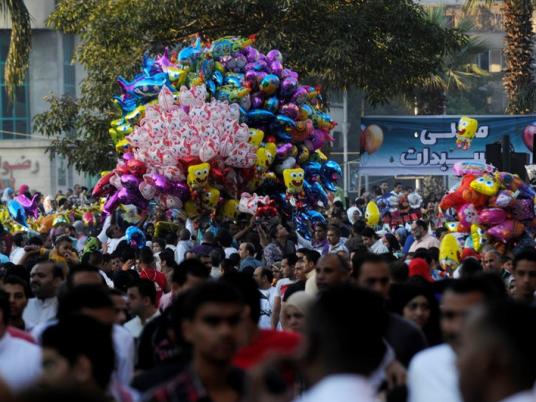
Egypt’s Cabinet on Sunday discussed establishing a crisis management fund to support workers in the informal economy who have been impacted by the coronavirus (COVID-19) outbreak, which prompted authorities last week to close restaurants, food carts, cafes, and non-essential commercial shops across the country each evening through March 31.
The funding for the proposal is set to come from either the state budget or other sources, which will be announced at a later time, as well as the emergency fund of the Manpower Ministry.
Prime Minister Mostafa Madbouly has instructed the relevant authorities to prepare accurate statistics with the numbers of non-standard workers impacted across all sectors.
He also demanded a clear mechanism for registering the affected people in coordination with concerned authorities, pointing to the Manpower Ministry’s initiative to upload the data registration form on the website of the ministry.
The government meeting on Sunday also discussed a package of measures to support the sectors impacted by the latest measures to curb the spread of the virus.
Egypt’s Financial Regulatory Authority (FRA) donated LE 250 million on Sunday to support the government efforts to alleviate the most economically vulnerable groups, who are expected to be more severely impacted by the consequences of the coronavirus outbreak and measures to contain it.
Egypt’s President Abdel Fattah al-Sisi also previously announced a LE 100 billon comprehensive plan to counter the outbreak and its negative economic consequences.
Meanwhile, during a recent phone-in with Ahmed Moussa’s TV show “Ala Massoulity” (By My Responsibility), on the privately-owned satellite channel Sada al-Balad, the Egyptian Cabinet’s spokesperson Nader Saad said that the account number for the Tahya Masr Fund is 037037 in all Egyptian banks. Donations to the fund typically go to alleviating various types of crises.
He explained that donations to the fund will now be allocated to the families impacted by the virus and harsh measures to contain it, adding that employees in the public sector have not been affected.
Egypt’s Prime Minister issued a resolution on March 17 to reduce the number of workers in government departments and agencies, instructing work from home whenever possible.
Egypt has also moved to combat the coronavirus through a campaign to disinfect government buildings, other institutions, and public spaces following an initiative announced by the Health and Population Ministry to sanitize modes of public transportation and buildings in the private and public sector each Friday.
Egypt’s government shut down schools for two weeks starting March 15 and suspended flights beginning on Thursday, March 19 at 12 pm and lasting until March 31.
The Prime Minister also moved on March 19 to close all restaurants, cafes, cafeterias, casinos, nightclubs, bars, malls, shops and mobile food carts nationwide, from 7:00 pm until 6:00 am each day through March 31. Stores selling essential foodstuff and pharmacies have been exempted.
Authorities suspended Friday prayers and congregational prayers in mosques nationwide on March 21 as part of measures to curb the spread of the virus.
Churches were closed across the country over the weekend as well, with authorities at churches previously having allowed for multiple masses a day — a bid to prevent “overcrowding” while still allowing religious ceremonies to take place.
Egypt announced on Saturday 33 new coronavirus cases and four additional deaths, bringing the total number of cases confirmed so far in the country to 327.
Fourteen people have died from the virus in Egypt, as well as Major General Khaled Shaltout, who succumbed to the virus on Sunday, according to Spokesperson for the Egyptian Armed Forces Tamer al-Rifai, and Major General Shafie Abdel-Halim Dawood, according to The Associated Press.
The World Health Organization (WHO) announced that COVID-19 was officially a pandemic on March 11.
There have been over 342,407 confirmed cases of coronavirus worldwide and upwards of 14,762 deaths.
Image: A security guard at Cairo University wears a protective mask following the suspension of study for undergraduate students dur to Covid-19 in Cairo, Egypt on 15 March (Reuters)




